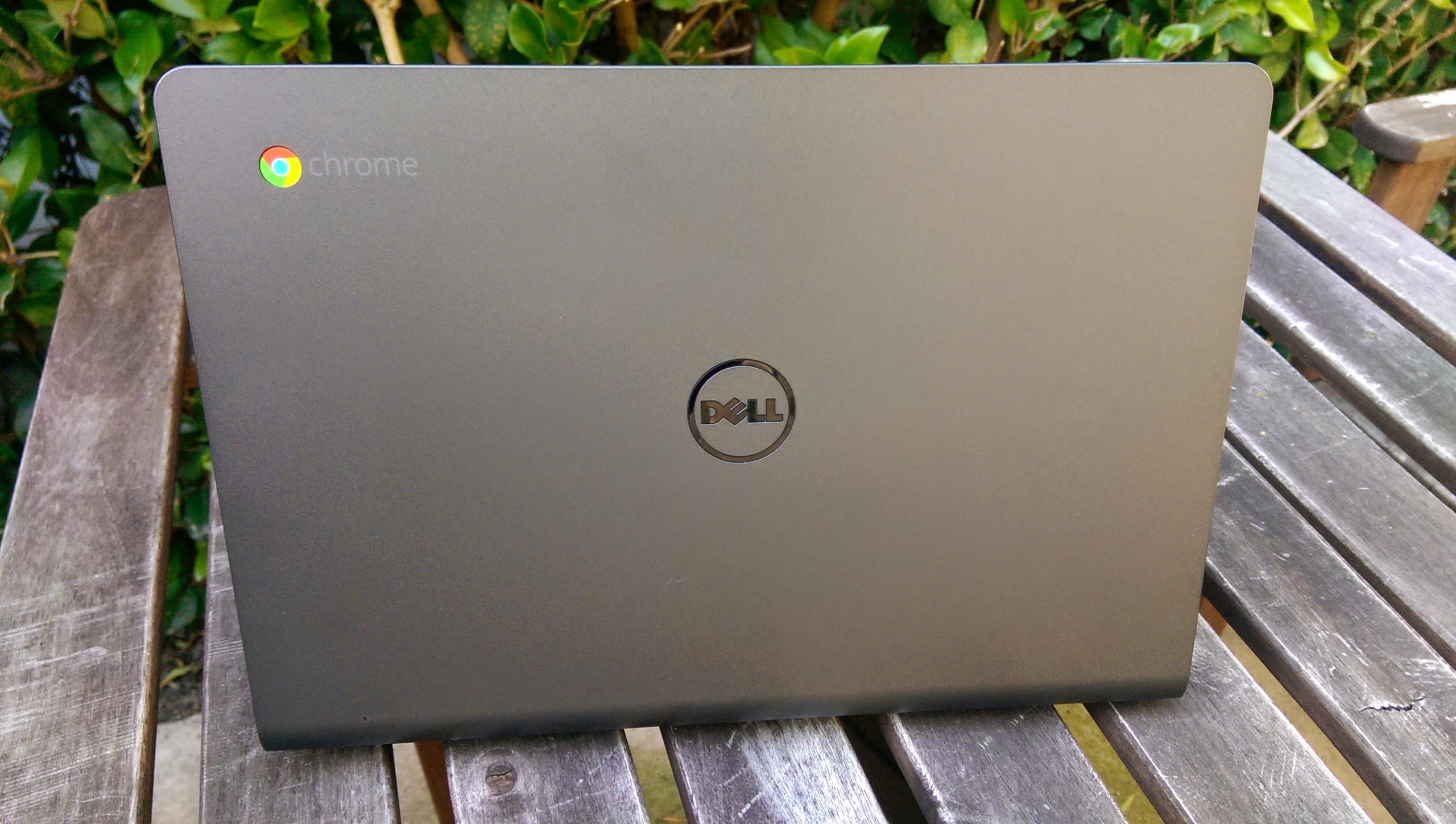
Dell Chromebook 11 review
Chromebook represents a philosophical change -- a quiet revolution -- in personal computing, where relevance moves from hardware and software to electrical service-like cloud utility. In this brave new world, Chromebook is an appliance meeting most desktop needs, and pricing is closer to microwave ovens than to traditional PCs.
Nowhere is there more receptiveness to adaptation, or willingness to lead technological revolution, than the education market. There is historical precedent and fortunate timing: Chromebook fits neatly. Cost is low, utility is high, and familiarity is great. What is more natural to Millennial students than the web browser? They are accustomed to breathing the cloud's rarefied air and enjoying the benefits of anytime, anywhere computing -- freedom to float. Dell Chromebook 11 is primed for educational use while, unlike Lenovo's model, being easily purchased by anyone. This review addresses the computer's suitability for students, teachers, or you.

Are we starting to fall out of love with tablets?
It looks like the growth of the tablet market may be starting to slow down according to a new study carried out by research specialist IDC.
Tablets and 2-in-1 shipments slipped to 50.4 million units worldwide in the first quarter of 2014 according to IDC's Quarterly Tablet Tracker. This represents a decline of 35.7 percent from the high-volume holiday quarter and just 3.9 percent growth over the same period last year.
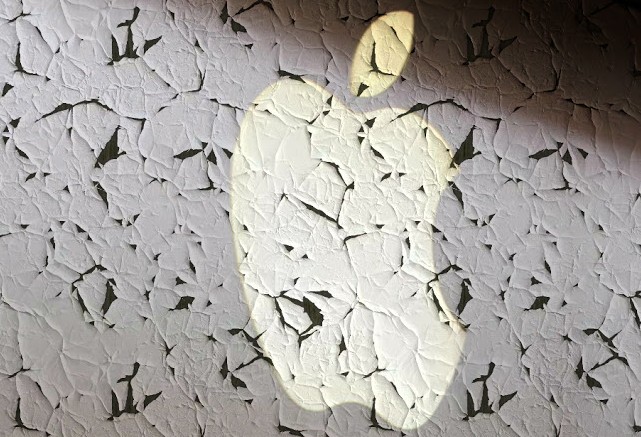
Apple makes MacBook Air less appealing
The significance of today's MacBook Air refresh: What is and what isn't. I focus specifically on the smaller model. What is: Slight processor refresh, but lower entry price -- $899 for the masses and $849 for education, both 100 bucks less than yesterday. What isn't: Retina Display screen resolution.
From the perspective of physical size, screen dimension (11.6-inches), resolution (1366 x 768), Intel processor, and core benefits, the lower pricing brings MacBook Air closer to Chromebook, particularly for school purchasers. Both computers compete for educational buyers, and Dell, HP, Lenovo, and Samsung all target the market with compelling Chromebooks. As differences diminish and price gaps lessen, the Apple becomes less appealing by comparison. Stated another way: New pricing shines fresh spotlight on MBA, which similarities to lower-cost Chromebooks are greater for school year 2014-15.
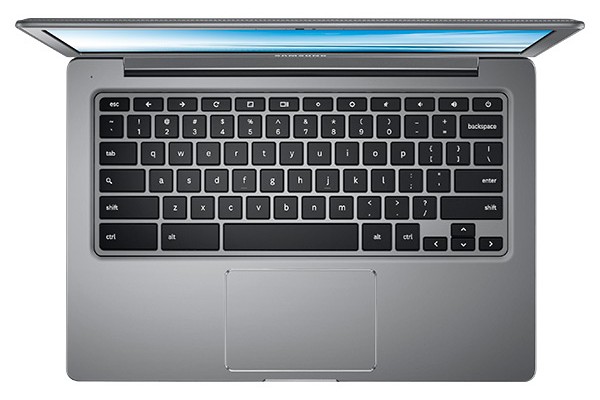
Samsung Chromebook 2 is delayed
Sorry, but I can't tell you why yet. I have this statement from Samsung PR about 13.3-inch Chromebook 2, in response to my inquiry: "The product is now shipping at the end of May". That puts the computer in the channel a month later than planned. I have asked for a reason but don't expect to get one.
Samsung unveiled Chromebook 2 in March, in 11.6- and 13.3-inch configurations. The company started taking preorders more than two weeks ago, offering a free case to anyone purchasing before April 27. I ordered one on April 8 from Amazon with delivery date of April 29, which put expected launch a day earlier. But then on April 10, Amazon emailed that my new delivery date would be May 2 and the website indicated availability on the 1st. Last week, Amazon changed the date to May 15 and by the beginning of this week to May 29. Around the same time, Samsung stopped taking preorders of this model and the 11.6-inch white. The manufacturer still accepts preorders on the black, smaller Chromebook, for which Amazon lists May 7 release.
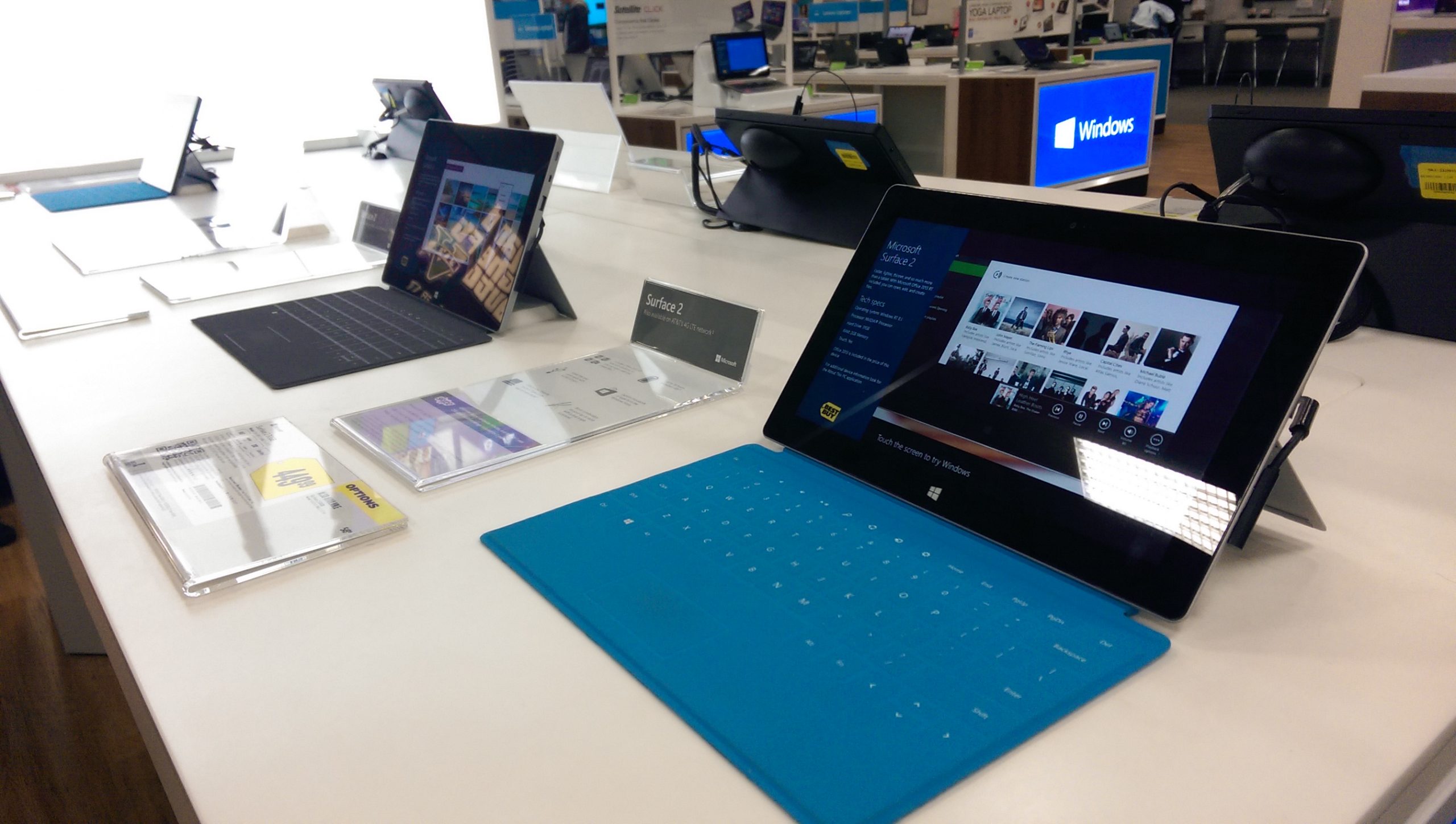
Honestly, Microsoft, what are you doing?
Microsoft announces fiscal third quarter earnings on Thursday -- reason for me to visit the site today in preparation. I saw what you see in the photo. Tagline: "Honestly, my new PC is exactly what I need at half the price I thought I'd pay". I find the company's months-old "Honestly" campaign to be refreshing in overall presentation and emphasized benefits. Value is big among them. (Colleague Wayne Williams disagrees, by the way.)
Honestly, what's missing: More promotion how great a value Surface is. The Windows RT model doesn't get loads of respect, but I increasingly think that it should. Surface 2 offers HD display, like the Pro model, setting the tablet apart from comparably-sized Androids or iPads selling for about the same price: $449, with 32GB of storage. Microsoft Store offers the refurbished original, granted with lower screen resolution, for $199. Bump memory to 64GB and pay $219. Keyboard cover is another $74.01. Honestly, wow.
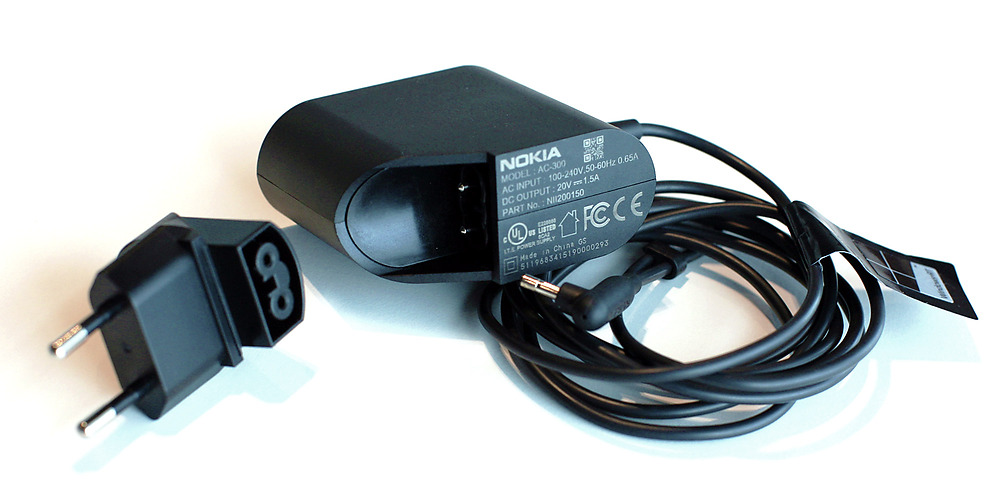
Nokia issues warning for potentially shocking Lumia 2520 charger
Nokia is warning owners of the Lumia 2520 tablet that they should stop using the European and UK versions of the AC-300 charger. The warning affects customers in Austria, Denmark, Finland, Germany, Russia, Switzerland and UK, with tablets owners being warned to "suspend use of the charger until further notice". At the moment there is no word on whether or not a full recall will be made, but the problem also affects the Lumia 2520 travel charger that was available in those countries and the US.
Unlike other charger problems that have emerged in recent times, Nokia's warning does not relate to an overheating issue, but the risk of electric shock. This time it has been determined that in "certain conditions" -- which Nokia does not specify -- the charger's plastic cover could work loose and come off, exposing internal components that "pose a hazard of an electric shock if touched while the plug remains in a live socket".

Stickeez boosts ad revenue for mobile developers
In-app adverts provide a useful revenue stream for developers, allowing them to monetize what would otherwise be free products.
With Gartner predicting that over 94 percent of app downloads will be free by 2017, revenue from in-app ads is likely to become even more critical in the future.

Moka5 launches new centrally-managed end-user computing tool
Enterprises put a lot of time and effort into protecting their servers but what happens on the user desktop always presents a potential risk and can be hard to control.
End-user computing specialist Moka5 is aiming to tackle this with the launch of its Vanguard Moka5LivePC v 4 product. This offers a locally executed live PC container that can be managed centrally.

OpenMarket introduces new messaging solutions for enterprise IT
Business IT is increasingly expected to operate on a 24/7 basis which means that system admins need fast access to information should anything go wrong, whether it’s a security incident or a system failure.
Enterprise mobile specialist OpenMarket has launched a suite of solutions aimed at helping to ensure continuity, security and improve support management.

Qualcomm announces Snapdragon 810, 808 with 64-bit support in tow
While Apple is the only major mobile device manufacturer to have a 64-bit processor inside its high-end smartphones and tablets (the A7 powering the latest iPhone and iPads), its rivals will be able to join the party thanks to Qualcomm's new top-of-the-line 64-bit processors.
The US chip maker has announced the Snapdragon 810 and Snapdragon 808, its first high-end mobile processors with 64-bit support. Both come with impressive specifications and features, joining the previously-announced Snapdragon 410, Snapdragon 610 and Snapdragon 615 in Qualcomm's 64-bit processor lineup.
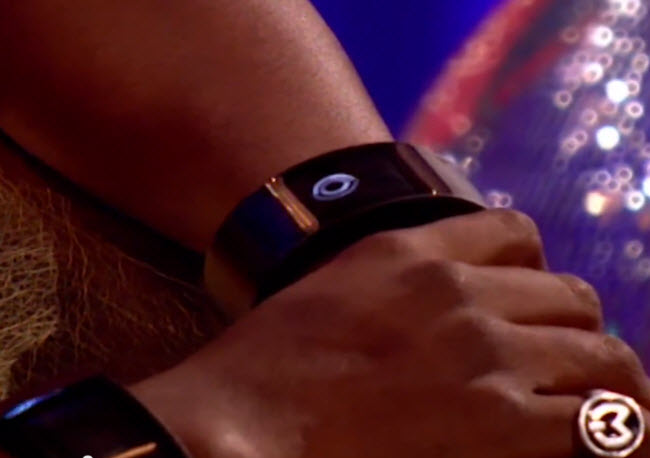
will.i.am has a self-designed smart watch ready to launch soon
Rapper, producer, Black Eye Pea and all round tech-loving futurist tech-head will.i.am has designed his own smart watch which will be ready for launch in the coming months. The music titan has, apparently, self-designed and self-funded a project which should lead to a release in July. Very little is known about the device at the moment, but it has made a few appearances on TV screens that give an intriguing glimpse of what's to come. Unlike other wearables, this one looks like it will not require tethering to a smartphone -- it will stand on its own two feet.
It's worth pointing out for non-UK residents that product placement (endorsements, 'support from', 'promotional consideration' or however you want to view it) does not really exist in the UK in the same way as in the US and some other countries. But that said, will.i.am has been spotted on more than one occasion, "subtly" interacting with a device strapped to his wrist. Viewers of The Voice in the UK (yeah, sorry, I've been known to dip into it from time to time) will probably have noticed him fiddling with his wrist, and reference has been made to his actions on a couple of occasions.
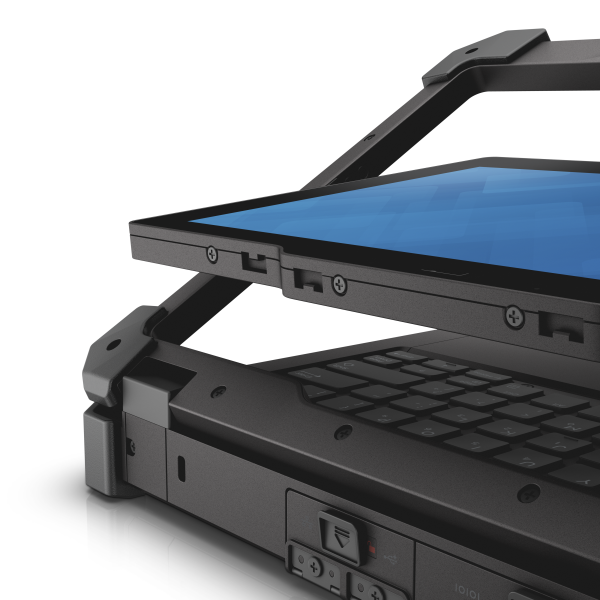
Dell toughens up its act with new rugged systems
As computers become essential tools for more and more jobs they often need to work in harsh environments that would damage a conventional machine.
Dell is launching two new Latitude Rugged Extreme systems that are purpose-built to withstand hazards such as dust, moisture, drops, vibration, extreme temperatures and other punishing conditions faced by users in fields such as military service, public safety, manufacturing and first response.
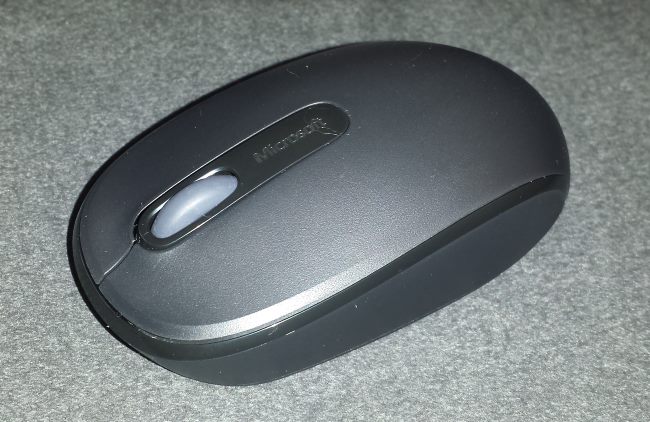
The cheap, cheerful and lovable Microsoft Wireless 1850 mouse [Review]
What can you get for $15 these days? Not a lot, really. A few Starbucks, perhaps, a burrito and a couple of slices? Or you can get yourself a cheaper, almost throwaway, replacement mouse to chuck in your laptop bag. This is the bill that the Microsoft Wireless 1850 fits. The mouse was announced just recently, and we've got our hands on one to put through its paces. To cut to the chase, this is a perfectly acceptable mouse, but it ain't going to blow your mind.
This is a mouse designed with the pocket in mind in more ways than one. Yes, it's super low-cost, but it's also super lightweight; and I mean that both in terms of mass and features. Oh, at this point it's worth highlighting something I touched upon the other day when talking about the price of digital downloads. While in the US this mouse costs $14.95, over here in the UK it has a £16.99 price tag. Sure, US buyers have to factor in taxes, but $14.95 should translate into about £9, so the trip across the ocean from One Microsoft Way has resulted in the price almost doubling!

Keepin' it virtually real -- Facebook buys Oculus VR for $2 billion
It has been a day of purchases today. If Intel purchasing wearable tech outfit Basis was not enough, everyone's favorite social network (or something like that), Facebook has splashed the cash on virtual reality startup Oculus VR. In a deal worth $2 billion, Mark Zuckerberg's company will hand over $400 million in greenbacks, in addition to 23.1 million Facebook shares. The purchase comes just weeks after Facebook bought messaging service Whatsapp for $19 billion.
Oculus VR is most readily associated with gaming, but Zuckerberg is more interested in the communication potential. Millions of people use Facebook to keep in touch with friends, family, celebrities and companies, but the firm wants to take things further. "We have a lot more to do on mobile, but at this point we feel we're in a position where we can start focusing on what platforms will come next to enable even more useful, entertaining and personal experiences", says Zuckerberg in a statement on Facebook.

Google teams up with Ray-Ban to gain some cool for Glass
After trying to drum up more interest in Glass by dispelling some myths believed to have built up around the wearable tech, Google is looking to push things even further, gaining a little cool cred by teaming up with Luxottica the group behind well-known names such as Ray-Ban and Vogue. Teaming up with such a premium brand could be key to the success or failure of Glass, and Google is keen to push Glass as being the next step in the gradual evolution of eyewear.
At the moment, there are more than forty different looks for Glass (once the various frames, colors and styles are factored in), but it is hoped that the new partnership will result in even more designs. Love them or not, Ray-Ban and Vogue are names you will be quite familiar with, and it seems as though this is something that Google is keen to latch on to -- although it is, of course, a household name in its own right. "Luxottica understands how to build, distribute and sell great products that their clients and consumers love -- something we care deeply about at Glass, too," purrs Google on its Google+ page.
